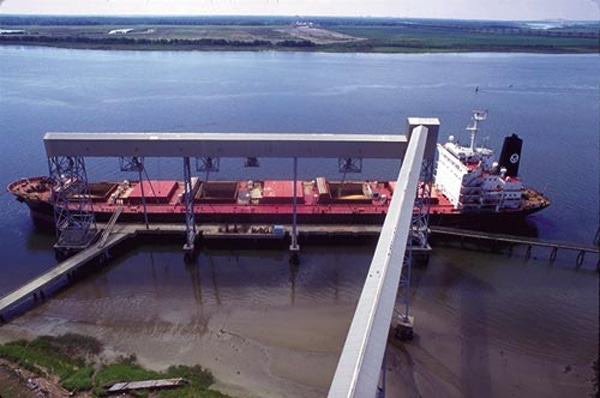
Siddiqui told attendees that the Trans-Pacific Partnership, a multilateral free trade agreement that aims to further liberalize economies in the Asia-Pacific region, is a positive development for U.S. agriculture, particularly since the negotiations started from the beginning with an agreement by participating countries to enforce existing phytosanitary agreements.
June 26, 2012

Speakers during the opening general session of the 113th USA Rice Millers’ Association convention in Sana Ana Pueblo, N.M., highlighted key developments regarding U.S. trade agreements, emphasizing both the bright prospects for U.S. agricultural trade and how steep increases in agricultural support provided by advanced developing countries are putting the United States at a significant competitive disadvantage.
Guest speaker Ambassador Islam “Isi” Siddiqui, chief agricultural negotiator with the office of the U.S. Trade Representative, told attendees that USTR works to create and open trade opportunities for U.S. companies and that over the past two years, all U.S. exports have increased by 34 percent, but agriculture exports are up 39 percent. “This is a tribute to the resilience and competitiveness of U.S. agriculture,” Siddiqui said.
The ambassador hailed the passage of recent free trade agreements with Korea, Colombia and Panama as important to the Obama administration’s goal of doubling U.S. exports by 2014, which he said is “on track,” with agriculture leading the way. Siddiqui did acknowledge that the U.S.-Colombia Free Trade Agreement excludes rice, noting that USTR is monitoring Korea’s existing commitment to import U.S. rice within the World Trade Organization.
Siddiqui told attendees that the Trans-Pacific Partnership, a multilateral free trade agreement that aims to further liberalize economies in the Asia-Pacific region, is a positive development for U.S. agriculture, particularly since the negotiations started from the beginning with an agreement by participating countries, including Australia, Singapore, Chile, Peru, Brunei, Malaysia, New Zealand, Vietnam, and the United States, to enforce existing phytosanitary (SPS) agreements, creating “a new chapter” for SPS within the Trans-Pacific Partnership.
Siddiqui affirmed that USTR’s current and future trade negations will focus on affecting trade agreements that provide additional market access for U.S. agriculture and do not exclude rice, as the Korea FTA does.
Echoing the opportunities and challenges of global trade for the United States, Craig Thorn, partner with DTB Associates, said he is excited about the Trans-Pacific Partnership trade negotiations. “It’s refreshing to be involved with countries that actually want to reach agreement,” Thorn said.
Thorn highlighted a sharp increase in the level of support for rice in advanced developing countries in recent years, a trend that is affecting the ability of the United States to be competitive and is a violation of WTO commitments. Among countries utilizing various trade-distorting policies are China, Thailand, Turkey, India, Turkey and Brazil. “The production and trade impacts of these policies are huge and the United States should address this with the WTO,” Thorn said.
The trade updates ended on a positive note with discussion of the implementation of the Colombia Free FTA. USA Rice Federation Chief Operating Officer Bob Cummings and Induarroz Executive Director Jeffrey Fajardo Lόpez told attendees that the agreement, which went into effect last month will be beneficial to both the Colombian and U.S. rice industries, with proceeds from auctioning off the right to export U.S. rice to Colombia within the tariff rate quota established in the FTA to be split evenly between both countries to advance their respective rice industries.
You May Also Like



